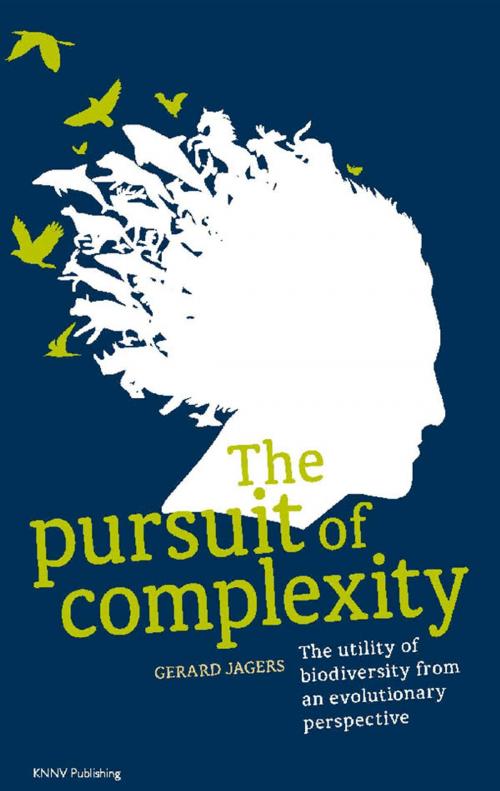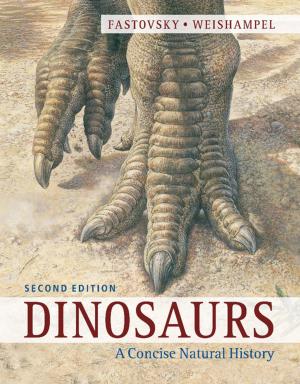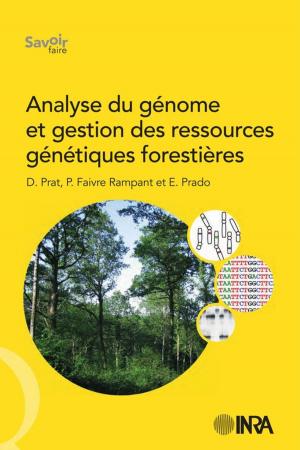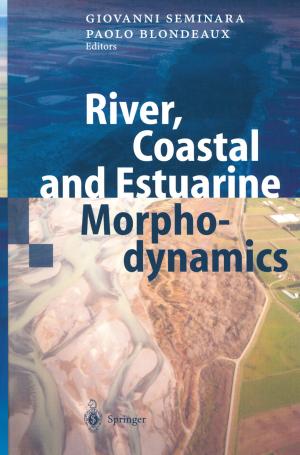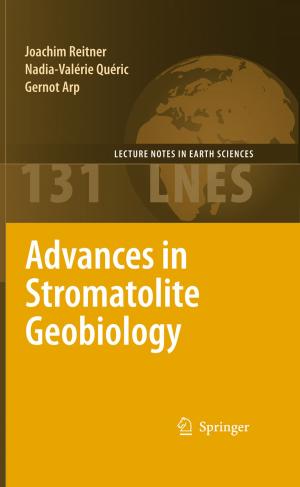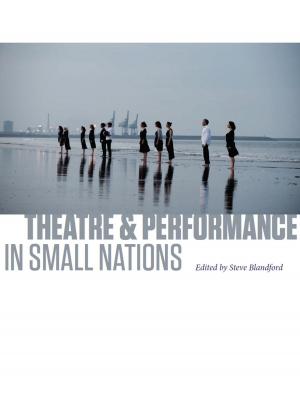The pursuit of complexity
the utility of biodiversity from an evolutionary perspective
Nonfiction, Science & Nature, Nature| Author: | Gerard Jagers | ISBN: | 9789050115032 |
| Publisher: | KNNV Uitgeverij | Publication: | May 7, 2014 |
| Imprint: | Language: | English |
| Author: | Gerard Jagers |
| ISBN: | 9789050115032 |
| Publisher: | KNNV Uitgeverij |
| Publication: | May 7, 2014 |
| Imprint: | |
| Language: | English |
What use is biodiversity, and does it matter if species die out? These controversial questions arouse considerable debate. Most people believe they represent a moral dilemma, but The Pursuit of Complexity shows that it is possible to explore them in a scientific way. Author Gerard Jagers op Akkerhuis takes us back to the underlying fundamental questions: What actually is usefulness, or utility? What is evolution? What is life? What is biodiversity? And how important are human beings in all this? According to him we have to look at evolution in an entirely different way. If we do that we see that it follows predictable patterns, and that it is possible to anticipate the next stage in the evolutionary process. His surprising answers and provocative predictions keep the reader in suspense. He invites us to engage in a new type of discussion, one that encompasses not only the scientific and philosophical issues, but also their practical implications for nature conservation. The Pursuit of Complexity is written in clear terms for a broad audience, from biologists and nature conservationists, philosophers, futurists, researchers and students to politicians, policymakers and anyone with an interest in nature and curious about what constitutes life. Keywords: evolution, biodiversity, human and nature, nature philosophy, nature conservation, biology, nature, science
What use is biodiversity, and does it matter if species die out? These controversial questions arouse considerable debate. Most people believe they represent a moral dilemma, but The Pursuit of Complexity shows that it is possible to explore them in a scientific way. Author Gerard Jagers op Akkerhuis takes us back to the underlying fundamental questions: What actually is usefulness, or utility? What is evolution? What is life? What is biodiversity? And how important are human beings in all this? According to him we have to look at evolution in an entirely different way. If we do that we see that it follows predictable patterns, and that it is possible to anticipate the next stage in the evolutionary process. His surprising answers and provocative predictions keep the reader in suspense. He invites us to engage in a new type of discussion, one that encompasses not only the scientific and philosophical issues, but also their practical implications for nature conservation. The Pursuit of Complexity is written in clear terms for a broad audience, from biologists and nature conservationists, philosophers, futurists, researchers and students to politicians, policymakers and anyone with an interest in nature and curious about what constitutes life. Keywords: evolution, biodiversity, human and nature, nature philosophy, nature conservation, biology, nature, science
